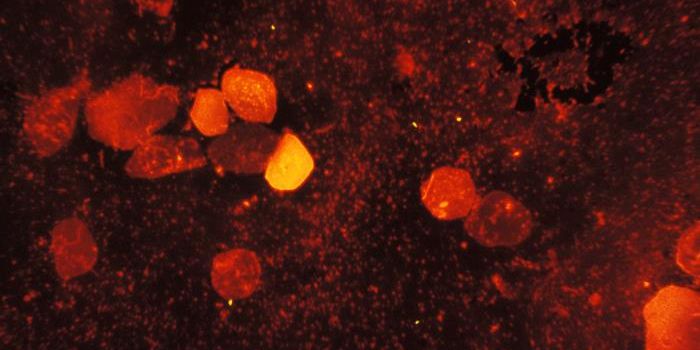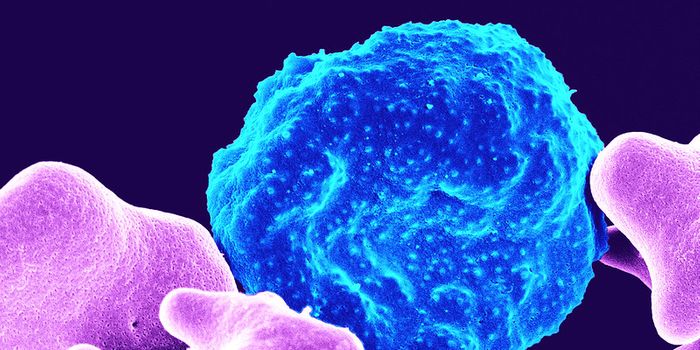Revealing a Molecule That Links the Gut Microbiome to Depression
The microbes in the human gut microbiome can produce bioactive compounds, many of which support human health. Now that scientists have established definitive connections between human health and the gut microbiome, work has begun to try to identify specific microbes, or microbial compounds that can affect human physiology. Researchers have now learned more about the links between a bacterial compound generated by a microbe called Morganella morganii, and major depressive disorder. While studies have associated these two things before, this study deciphers how they are related. The findings have been reported in the Journal of the American Chemical Society.
"There is a story out there linking the gut microbiome with depression, and this study takes it one step further, toward a real understanding of the molecular mechanisms behind the link," said senior author Jon Clardy, a Professor at Harvard Medical School.
This research has shown that a chemical called diethanolamine (DEA) that is found in the environment, and is used in agriculture, industry, and in consumer products, can be incorporated into a molecule that is made by M. morganii in the gut. When DEA is added into the molecule, the function of the resulting molecule changes. This bacterial molecule, altered by DEA, then triggers an immune response, which does not happen when DEA is not added to the bacterial molecule. The DEA-altered molecule causes the release of inflammatory signals known as cytokines, especially one called interleukin-6 (IL-6).
Since chronic inflammation has been linked with depression, the researchers propose that this mechanism can explain one aspect of that link.
Previous work has also shown that IL-6 is associated with major depressive disorder; and M. morganii has also been connected to inflammatory conditions including inflammatory bowel disease (IBD), which itself is associated with depression.
More research may establish M. morganii as a cause of major depressive disorder, and could reveal how many cases it causes.
"We knew that micropollutants can be incorporated into fatty molecules in the body, but we didn't know how this occurs or what happens next," Clardy said. "DEA's metabolism into an immune signal was completely unexpected."
The study authors suggested that DEA might function as a biomarker for major depressive disorder. It also adds evidence to the idea that major depressive disorder may be a type of autoimmune or autoinflammatory disorder, and might be treatable with medications that modulate immunity, noted Clardy.
The work has also highlighted how contaminants can affect gut bacteria to change human immunity. There may be other situations where toxins or pollutants are altering gut bacteria or their metabolites to change human health.
"Now that we know what we're looking for, I think we can start surveying other bacteria to see whether they do similar chemistry and begin to find other examples of how metabolites can affect us," said Clardy.
Sources: Harvard Medical School, Journal of the American Chemical Society









